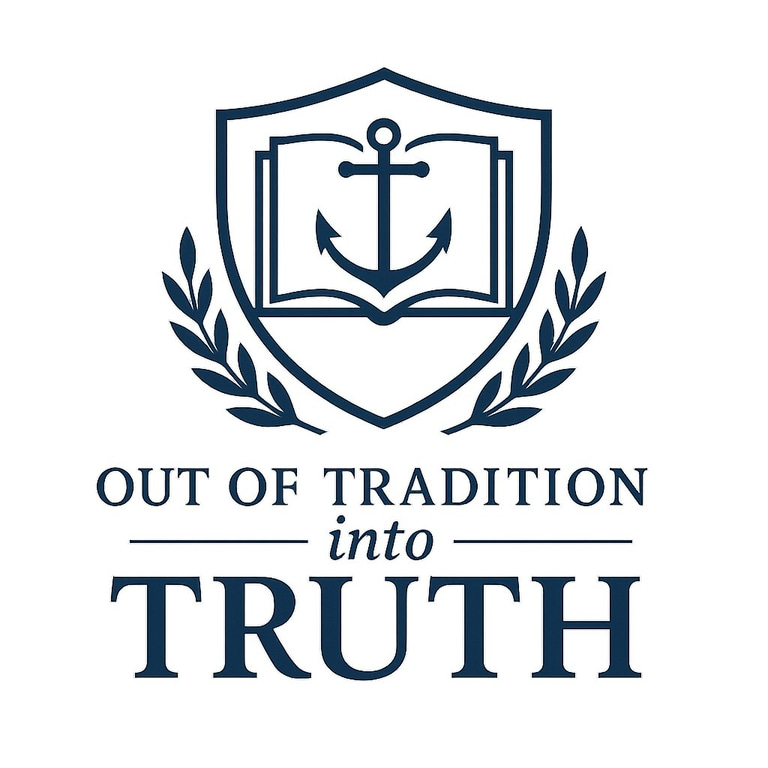Why John Is Not a Type of the Body of Christ
There is a growing tendency among Bible teachers to take the apostle John, the beloved disciple, and treat him as a type or foreshadowing of the Body of Christ. They reason that because John leaned on Jesus’ bosom and was given insight into heavenly visions, he somehow represents the Church or the Bride. Yet this interpretation collapses under the weight of right division and clear Pauline doctrine. The gospel of John, the epistles of John, and the Revelation given to John all deal with Israel’s prophetic program, not the mystery revealed to Paul. John cannot typify something that was still a secret in God until revealed later to Paul (Ephesians 3:1–9).
John ministered under the kingdom gospel committed to Israel. He followed the Lord during His earthly ministry when the message was, “Repent: for the kingdom of heaven is at hand” (Matthew 4:17). John’s call was national, not heavenly. His writings present Jesus as Israel’s promised Messiah, the Son of God, who came unto His own (John 1:11). The miracles, the water baptisms, and the kingdom signs recorded in John all point to the prophetic fulfillment of promises made to the fathers. None of this was about the formation of a new creature, the Body of Christ. John looked for the restoration of Israel and life in the kingdom on earth, not a new identity seated in heavenly places. When Christ told the apostles that they would sit on twelve thrones judging the twelve tribes of Israel (Matthew 19:28), John was one of them. That is not the hope of the Body of Christ, which has no tribes, no thrones on earth, and no connection to the covenant kingdom.
In his later writings, John still ministers to Israel’s prophetic remnant. His epistles emphasize abiding, keeping commandments, loving the brethren, and confessing sins to maintain fellowship (1 John 1:9). Those instructions fit perfectly within Israel’s covenant dealings but have no place in the dispensation of the grace of God. Members of the Body of Christ are not abiding in Christ as branches in a vine (John 15:5); they are members of His Body, joined and complete in Him (Colossians 2:10). John’s constant reference to overcoming, enduring, and walking in light relates to the coming tribulation and kingdom, not to the grace position of believers today. His message offers assurance to those enduring Israel’s last days, while Paul’s gospel offers immediate peace and justification through faith alone, apart from works (Romans 5:1; Ephesians 2:8–9).
The Revelation given to John likewise concerns Israel’s program, not the Body of Christ. John was shown visions about the Lord’s day, the tribulation, and the establishment of the kingdom promised since the world began (Revelation 1:10; Acts 3:21). The seven assemblies in Revelation chapters two and three are prophetic lampstands in the time of Jacob’s trouble, not the Body of Christ under grace. Every symbol, judgment, and prophecy fits within the framework of Daniel’s seventieth week and the fulfillment of Israel’s covenants. Paul was not given Revelation; he was given the mystery, which was kept secret from the prophets and the apostles of Israel. It was through Paul alone that God revealed the heavenly calling, the unprophesied Body of Christ, and the joint-heir relationship between Jew and Gentile in one new man (Ephesians 2:15; 3:9). John never knew or preached that message.
To call John a type of the Body of Christ is to mix prophecy and mystery, which produces confusion and steals from the uniqueness of Paul’s revelation. John stood with the Lord on earth; the Body of Christ is seated with the Lord in heaven. John represents Israel’s faithful remnant; the Body of Christ represents the new creation where there is neither Jew nor Gentile. John ministered before the cross and will again in the kingdom to come; Paul’s message concerns what Christ accomplished by the cross and what is now revealed from heaven. These are two separate programs, two distinct purposes, and two different hopes.
When rightly divided, John’s writings beautifully fulfill their role in God’s prophetic plan for Israel. They reveal the divine identity of Christ, assure the faithful remnant, and look forward to the kingdom on earth. But they do not describe the Body of Christ, nor do they typify the mystery. The Body of Christ was unknown to John, to Peter, and to all the prophets. It was revealed later to Paul for the Gentiles, for a heavenly people, and for a new dispensation of grace. Confusing John’s place in prophecy with our position in mystery robs both programs of their clarity. Keeping them separate magnifies God’s manifold wisdom and gives Christ His rightful glory as both the prophesied King of Israel and the revealed Head of the Body.
Connect
Stay updated with our latest resources.
Follow
Contact
© 2025. All rights reserved.
